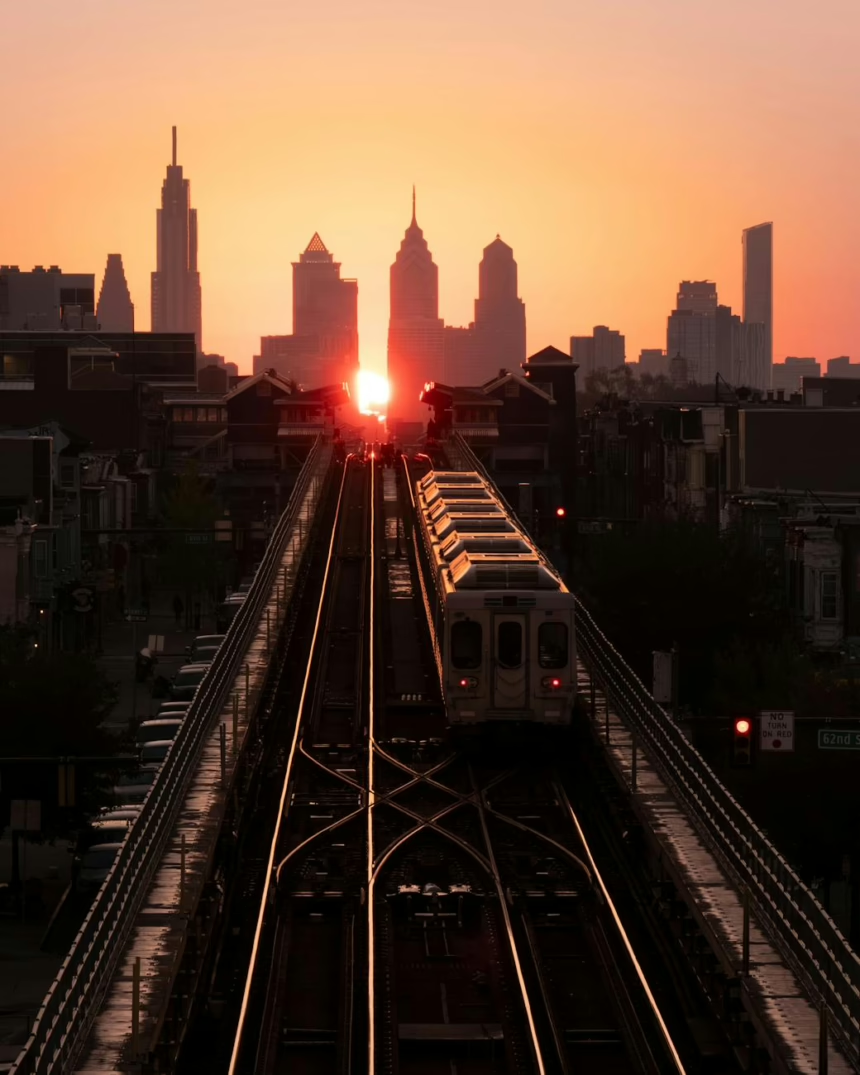A Look Inside the Puerto Rican Day Parade and the Complex Identity it Represents
The vibrant colors, pulsating rhythms, and palpable sense of community that define Philadelphia’s annual Puerto Rican Day Parade are more than just a celebration; they are a powerful declaration of identity and resilience. As the second-largest Puerto Rican population in the United States resides in Philadelphia, this parade serves as a critical focal point for understanding the multifaceted experience of Boricuas living on the mainland. According to an article published by The Conversation, this annual event embodies the “strength of the mainland’s second-largest Boricua community.”
The Parade as a Pillar of Community Identity
The Puerto Rican Day Parade in Philadelphia is a significant cultural touchstone. It provides a platform for generations to connect with their heritage, share traditions, and foster a collective sense of belonging. As an island-born, Philly-based theologian explained in The Conversation’s report, being Puerto Rican is a source of both profound pride and, at times, a complex ambivalence. This duality is often reflected in the parade itself – a joyous affirmation of culture that also acknowledges the challenges and nuances of living as a Puerto Rican outside the island. The parade’s ability to unite diverse voices, from long-time residents to recent arrivals, underscores its importance in shaping and maintaining a strong Puerto Rican identity in Philadelphia.
Navigating a Dual Identity: Pride and Ambivalence
The theologian quoted in The Conversation’s article highlights a key aspect of the Puerto Rican experience on the mainland: the intricate interplay of pride and ambivalence. This is not a simple matter of assimilation or separation, but rather a dynamic negotiation of cultural heritage within a new socio-political landscape. For many, the parade is an outward manifestation of this pride, a chance to showcase the richness of Puerto Rican culture – its music, dance, food, and language – to the wider city.
However, the report also touches upon the “ambivalence.” This can stem from various factors, including the ongoing political status of Puerto Rico, economic disparities, and the challenges of maintaining cultural connections across geographical distances. The experience of being Puerto Rican in Philadelphia, as described, involves navigating these complexities while celebrating a shared identity. The parade, therefore, becomes a space where these dualities can coexist, acknowledged and understood within the community.
The Economic and Social Fabric of Philadelphia
The Puerto Rican community in Philadelphia is not merely a cultural entity; it is deeply woven into the city’s economic and social fabric. The community’s presence has shaped neighborhoods, contributed to the local workforce, and influenced the city’s cultural landscape. The strength of the Boricua community, as highlighted by the parade’s significance, speaks to its enduring impact on Philadelphia. This community has a long history of civic engagement and activism, advocating for the needs and rights of its members while enriching the broader city. The parade serves as a visible testament to this ongoing contribution and influence.
Understanding the Nuances of Diaspora
The experience of the Puerto Rican diaspora in Philadelphia offers valuable insights into the broader phenomenon of diasporic communities. The challenges and triumphs of maintaining cultural identity in a new environment are universal themes. The theologian’s perspective, as shared in the source article, underscores that this is not a static identity but one that evolves and adapts. The parade, in this context, acts as a living repository of this evolving identity, a space where traditions are honored and new expressions of Puerto Rican culture emerge.
The source article points to the importance of recognizing the complexity of identity, particularly for communities with deep historical ties to both an island homeland and a mainland home. The Puerto Rican Day Parade in Philadelphia, therefore, is a powerful symbol of this enduring connection and the vibrant, often nuanced, spirit of its people.
Key Takeaways for Understanding the Boricua Community in Philadelphia:
* The Puerto Rican Day Parade is a significant cultural event that symbolizes the strength and pride of Philadelphia’s Boricua community.
* The community’s identity is characterized by both deep pride in their heritage and an acknowledged ambivalence stemming from various socio-political factors.
* Boricua residents are integral to Philadelphia’s economic and social landscape, contributing significantly to the city’s diversity and vibrancy.
* The experience of Puerto Ricans in Philadelphia offers a lens through which to understand the dynamics of diasporic communities and the evolution of cultural identity.
Further Exploration of Puerto Rican Heritage and Philadelphia’s Community
For those interested in learning more about the Puerto Rican experience in Philadelphia and the significance of cultural celebrations, further research into community organizations and historical archives would be beneficial. Understanding the historical context of Puerto Rican migration to Philadelphia and the ongoing dialogue surrounding the island’s political status provides a richer appreciation of the community’s resilience and enduring spirit.
References:


